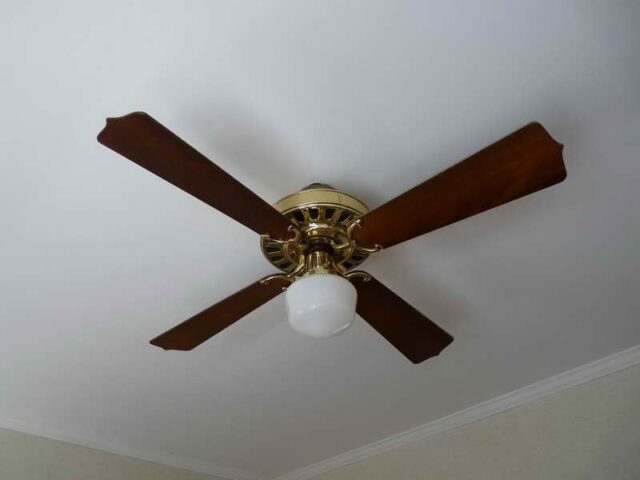Your home can become quite uncomfortable as the weather warms up in spring and summer, making an air conditioner something you just can’t do without. Unfortunately, with the increase in comfort can come a drastic increase in energy bills. Luckily, there are some simple and inexpensive energy saving measures to help bring your utility bills down, without sacrificing your comfort!
How Can You Make Your Thermostat More Efficient?
Using your thermostat efficiently is a key step to reducing the monthly bill. Here are the top 7 ways to make the most of your HVAC unit in the warmer months:
1. Pick the Right Temperature – It may be tempting to set your thermostat at the lowest setting, but this is guaranteed to guzzle energy. The greater the difference between outside and inside temperatures, the harder your HVAC unit needs to work.
Pick the highest temperature you can tolerate (and preferably no more than 68°F for heating in winter), since the ideal thermostat setting is 78°F.
2. Change the Temperature Slowly – If you’re used to a lower temperature setting, drastically heating it up will make you uncomfortable. Instead, try raising it by one degree a day, giving your body time to adjust to the difference.
Also, putting it on a very low setting when you switch it on doesn’t help cool the house faster, this only raises your bills.
3. Keep Hot Air Out – Sunlight entering through windows during the day can raise indoor temperatures. This leads to wasted energy as your air conditioner tries to cool the house down.
Window coverings and treatments like blackout curtains and blinds can help keep hot air from leaking in. Be sure to seal any gaps that let warm drafts in.

4. Let Cool Air In – If nights are cool in the area where you live, open the windows and turn off the air conditioner before you sleep (or earlier in the evening when outside temperatures drop).
Close the windows, blinds and curtains in the morning, and then turn on your cooling unit. This seals the cool air inside and reduces the impact on the air conditioner.
5. Minimize Lighting and Appliances – Warm lights look nice, but they generate heat that your AC has to battle. Use energy efficient lighting that runs cooler. Household appliances also generate heat, so use them as sparingly as possible.
Don’t place appliances or lighting close to thermostats, since the heat from them can affect the settings and make your HVAC system run for longer.
6. Invest in Smart Thermostats – Smart or programmable thermostats are a great way to bring down your cooling (and heating) bills. These devices let you select different temperature settings for certain times of the day, which can be automated or even controlled through your smartphone.
This way, your HVAC won’t be running at full capacity when you’re at work, but will kick on before you get home.

7. Upgrade Your Ventilation – Proper ventilation can help cool air move through your house more effectively, keeping temperatures stable everywhere. Installing ceiling fans can also help with energy saving, as they circulate the air in the room.
With effective movement of cool air, you can actually set your thermostat higher and keep your home comfortable at a fraction of the cost!
You don’t need to place comfort on the back bench when you want to reduce electricity consumption. Just follow the tips listed above, learn to use the thermostat efficiently, and make sure to schedule regular summer maintenance for cooling units.
